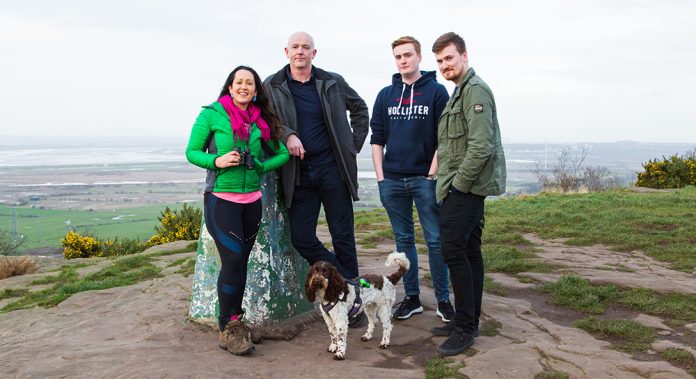In light of the recent Boohoo mislabelling controversy, Josh Simpson, co-founder of sustainability rating app Impact Score, asks: can consumers be sure of anything anymore?
Making properly informed, sustainable purchasing choices can be a challenge for consumers, especiallywhen they are fed misleading information.
For every step forward we see in terms of transparency from retailers, there’s often a counter element of greenwashing.
The mis-labelling controversy – centred on Boohoo’s flagship UK factory in Leicester, in January – is the perfect example of a situation which has the potential to erode consumer trust and leave everyone in the dark regarding product origination.
An investigation by BBC Panorama revealed that workers at the factory had removed the original labels from t-shirts and hoodies made in South Asia and replaced them with ‘Made in the UK’ labels. The BBC estimated that this could have resulted in hundreds of thousands of wrongly labelled garments. And while Boohoo claimed that it was an isolated incident which occurred as “a result of human error” and would not happen again, it has no doubt cast a shadow on the brand’s ethical credentials.
UK Made It?
The importance of being able to demonstrate a genuine ‘UK Made’ stamp can’t be underestimated. In fact, an Impact Score survey revealed that 40% of people describe the ‘UK Made’ measure as one of their favourite sustainability qualities. Any actions that undermine the authenticity of the UK Made stamp or throw it into ambiguity impact on consumer trust across the board.
But fashion is not the only industry guilty of a lack of transparency. Our analysis of over 250,000 food and drinks products demonstrates many large brands are guilty of greenwashing. It’s a widespread practice to add environmentally charged language, such as ‘planet, green or goodness’ to packaging, without doing any work to improve the product ingredients. For example, we’ve found that the word ‘Britain’ has been added onto the packaging of more than 100 products recently without any change to ingredients – we’re sharing this data with the Competition and Markets Authority.
Heinz, Birdseye, Napolina, Twinings and Biona stand out as large brands having more than 70% of their products being Made in UK. But what does this actually mean in practice? That depends: honey for example must label the country it is harvested in; other food products must simply demonstrate they are “substantially transformed through processing” in the UK.
This leaves an awful lot of wriggle room, especially when you move the goalposts slightly. For instance, 83% of Birdseye’s products make the Made in UK claim, even though the fish included in most of their products are caught in the North Pacific or the Atlantic North of Finland.
In fact, around 1 in 10 food and drink products in our database (24,890) either display the union flag on the packaging or directly claim to be made in the UK. Morrisons and Co-op make this claim on around 40% of all their own-label items.
Shining a light on the truth
So, how do we know we can trust the veracity of UK Made claims? The Boohoo controversy has identified a weakness in self-certification and poses a significant risk of misinformation in a world of increasingly fractious supply chains.
The answer lies in independent review and bringing transparency to the consumer in a manner that’s backed up by data. It’s what we’re dedicated to delivering at Impact Score by arming consumers with an app which cuts through the greenwashing. We’ve worked with academics to create a trusted source of product sustainability ratings and are continuously developing our measurement methodology. Our aim is to enhance consumers’ awareness and understanding of the sustainability impact of the products they purchase, using publicly available data provided the brands themselves.
We have already phased self-certification out of several of our measures and continue to work with Harper Adams University in developing our process based upon direct data collection and product life-cycle assessments. It’s our way of shedding much needed light on product and brand sustainability credentials.
The knocks to consumer purchasing confidence will continue to come but that doesn’t need to result in sustainability cynicism. By harnessing non-biased sources of product information, consumers can quickly discover where true sustainability is being demonstrated. Brands falling into this bracket will, rightly, be rewarded.



